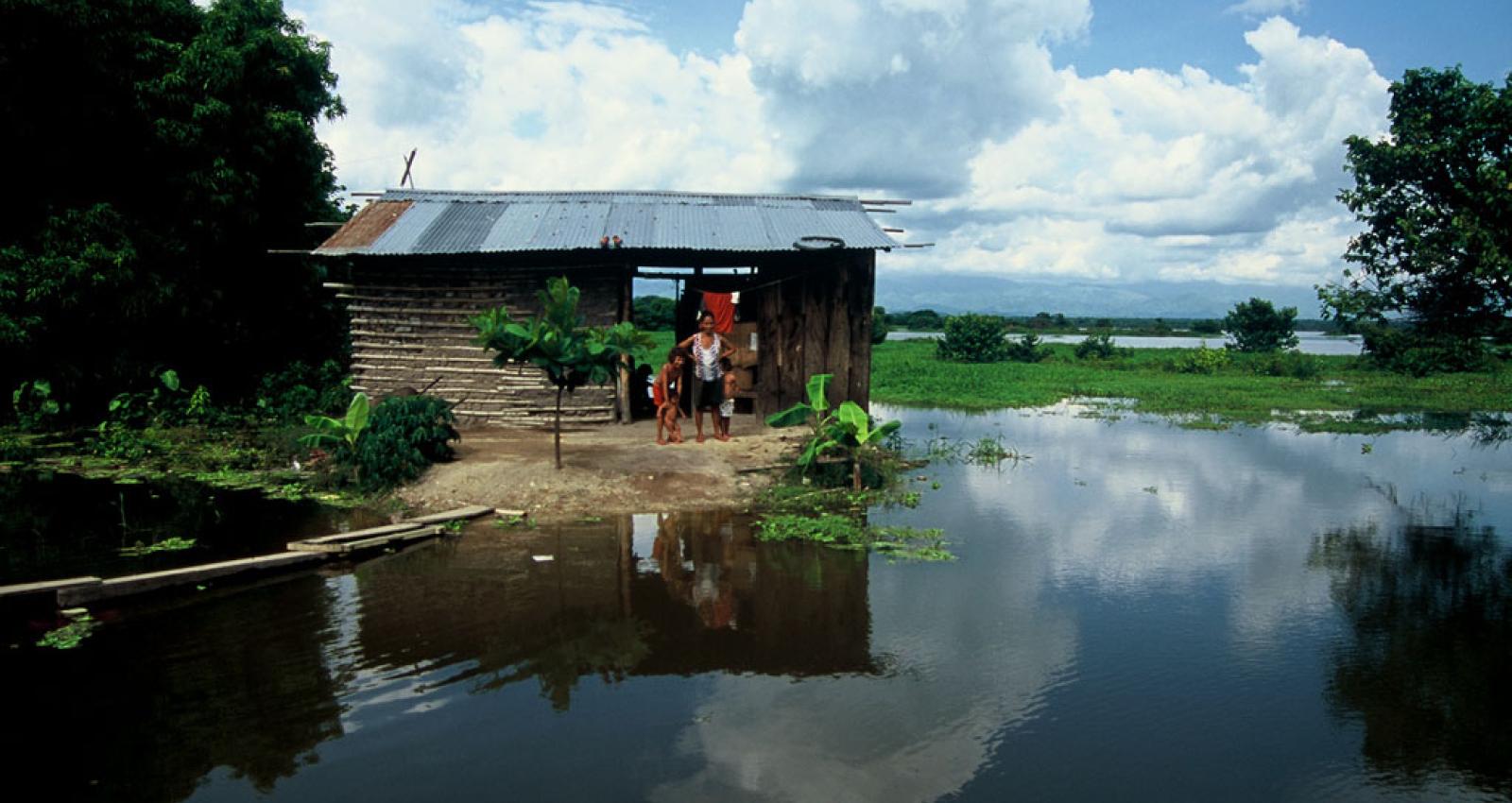Overcoming Challenges in a Shifting Landscape - Building Resilience
Resilience has to be built with a recognition of complex connections between social, environmental, and economic domains.
Resilience has to be built with a recognition of complex connections between social, environmental, and economic domains.
By: Caroline Heider
|
Upcoming IEG events on building resilience
|
Resilience is based on complex connections between social, environmental, and economic domains.
Building resilience has and continues to be central to the human endeavor. Extreme events have caused harm, shock, and suffering for centuries. At the same time, they have stimulated innovation, technological advancements, and adaptation—hallmarks of resilience under challenging circumstances.
In today’s world marked by greater uncertainty and vulnerability, building resilience is even more important in. The frequency and severity of shocks has increased. Trends have become clearer because of our ability to track crises over time. Statistics of human loss and suffering are shocking and call for urgent action. Between 2004 and 2013, natural disasters alone affected on average around 200 million every year; a number that that dropped to 155 million in 2014 and 98.6 million in 2015, according to the Center for Research on the Epidemiology of Disasters.
Not surprisingly, efforts to build resilience are reflected in many development initiatives, including the policies, strategies, and operations of the World Bank Group. As part of our mandate to assess the performance of the World Bank Group, the Independent Evaluation Group has in recent years evaluated programs specifically designed by the Bank Group to respond to crises, such as the 2007-08 food price spike, the 2008 economic crises, or pandemics like avian influenza. In addition, our evaluations have covered programs that focused on building resilience in better times to manage, for example, social safety nets or disaster risk reduction programs. We have not evaluated the totality of the World Bank Group’s efforts to build resilience; a task that could not be addressed in just one evaluation.
Instead, to contribute to this year’s Spring Meetings of the IMF and World Bank Group, we recently released a new report, Crisis Response and Resilience to Systemic Shocks: Lessons from IEG Evaluations. The report synthesizes existing evaluations to identify common insights from response strategies to different kinds of shocks. In doing so, we recognized that the need for resilience overlapped among, for instance, economic, social and environmental spheres. Importantly, none of them are isolated from each other—critical interdependencies exist.
Some of the lessons are simple and intuitive:
And: these lessons are “nothing new”. Unfortunately, evaluations continue to find that these challenges have not been overcome, these lessons have not been internalized. Critically, in addition to these simple lessons, we will need to develop a better understanding of interdependencies across different spheres of vulnerability to ensure strengthening one area will not weaken another. Instead, resilience has to be built with a recognition of complex connections between social, environmental, and economic domains.
As adaptive management is essential for a resilient humanity, there is greater need to learn to learn, to monitor and change strategies or tactics, to reflect and assess what has worked and why. Self- and independent evaluation play critical roles in these contexts.
At our event at the World Bank Group and IMF’s Spring Meetings our panelists will debate what they have learned about building resilience and what it will take to reach the next level.

Comments
Challenges are faced every…
Challenges are faced every day in shifting landscape- buildind resilence as it is a global phenomena and the dicussions, data collection, action plans and their implementation in individual nations spending crores of money yielded no tangible results,leaving the people affected to suffer out of natural disasters as their outcome.New action frame work has to be evolved out of concerted actions in the world community level .
Add new comment